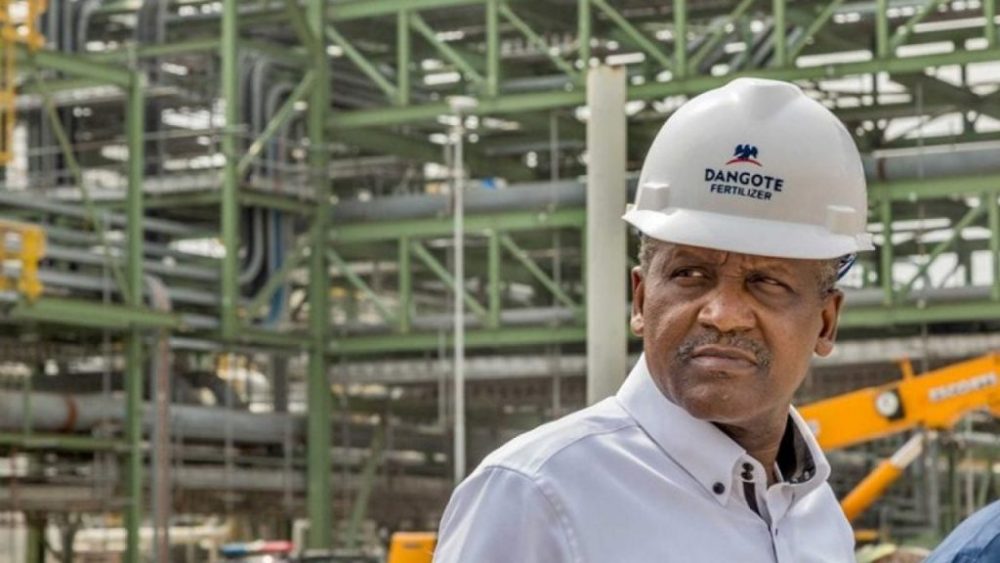Lagos, Nigeria -The Dangote Oil Refinery, Africa’s largest refinery, has called on Nigeria’s upstream oil regulator to enforce existing laws that require crude oil producers to supply local refineries.

The refinery, built by billionaire Aliko Dangote on the outskirts of Lagos at a cost of $20 billion, has been struggling to secure sufficient crude supplies from domestic producers. Vandalism and low investment in Nigeria’s oil sector have further complicated the refinery’s efforts to operate at full capacity.
In a statement released on Friday, Dangote Refinery criticized the Nigerian Upstream Petroleum Regulatory Commission (NUPRC) for not enforcing the Domestic Crude Supply Obligation (DCSO).
This law mandates that a portion of crude oil production must be supplied to domestic refineries. According to the refinery, international oil companies are not following these directives, which has significantly impacted its operations.
“Our concern has always been that the NUPRC is pushing, but the international oil companies are not following the instructions,” said Anthony Chiejina, a spokesperson for Dangote Refinery.
As a result, the refinery has had to purchase the same Nigerian crude oil from international markets at a premium of $3-$4 per barrel, which adds up to an additional $3-$4 million per cargo.

Dangote Refinery revealed that it was expecting 15 cargoes of crude for September, but only half of this allocation was supplied by the Nigerian National Petroleum Corporation (NNPC).
The refinery also noted that while some producers cited operational challenges, others had committed most of their output to oil traders who export the crude, making it difficult to increase local supply without breaching existing contracts.
The refinery, which has a capacity to process 650,000 barrels per day, requires about 325,000 barrels per day to operate at half capacity. However, since beginning operations, it has received only a fraction of this amount from domestic suppliers.
The DCSO was established under Nigeria’s 2021 Petroleum Industry Act (PIA) to ensure that local refineries have access to crude oil. However, enforcement has proven difficult due to declining oil production and the financial strain on the NNPC, which has diverted much of its production to service crude-backed loans.
This situation has led to tensions between the Dangote Refinery and the upstream regulator, raising concerns about the viability of Nigeria’s domestic refining sector in an increasingly challenging global oil environment.



